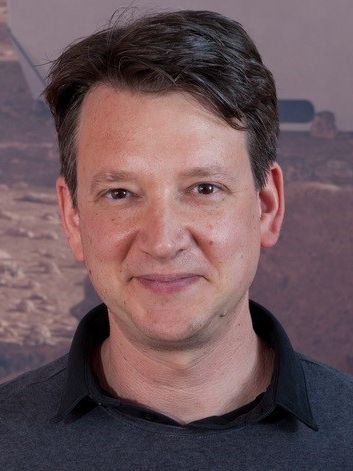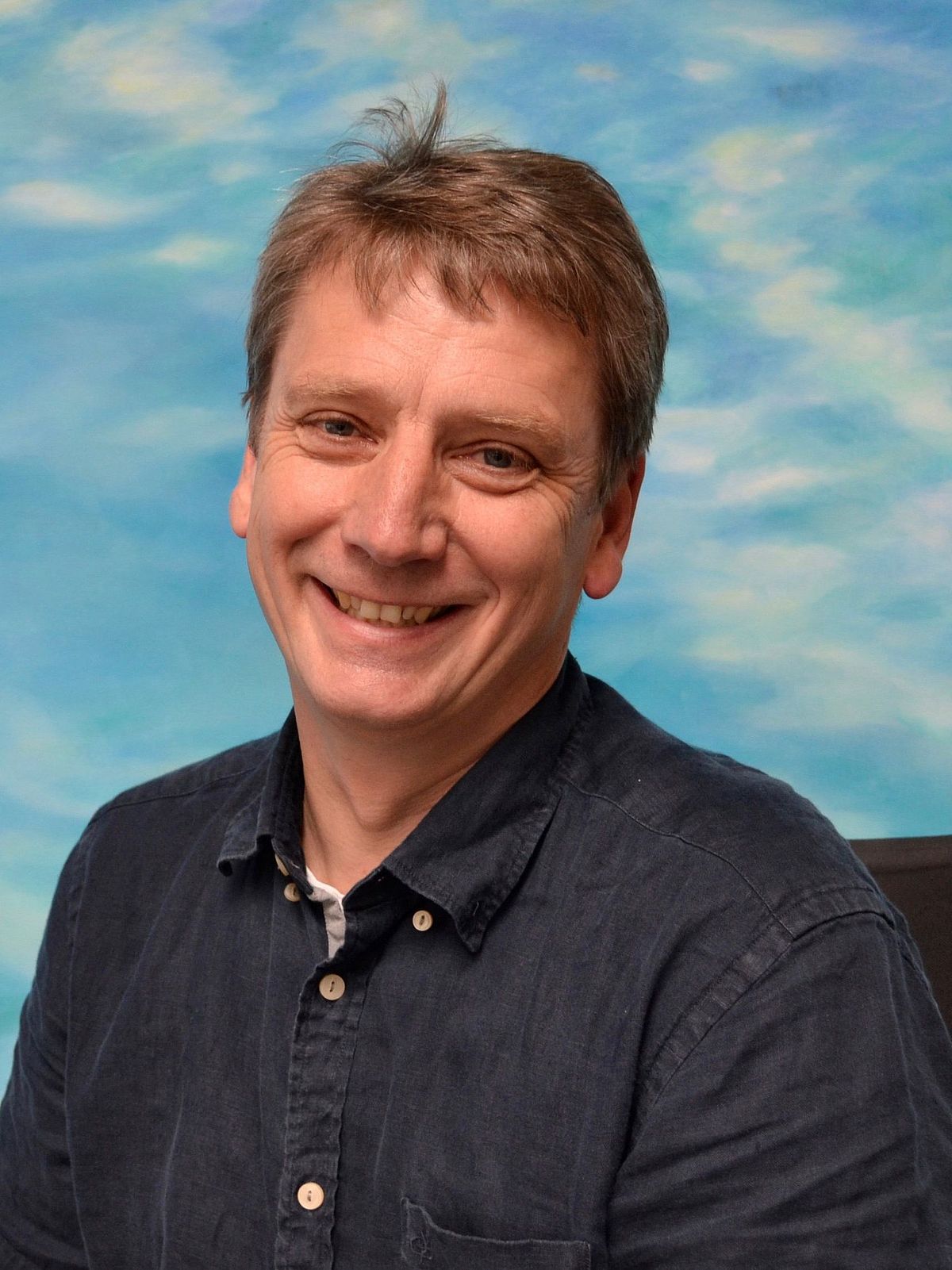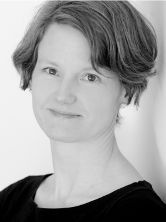Endowed Chairs
You want to support a self chosen field of science? You want to give this science extra ressources and help to better the qualification for the students?
Exploit new fields of research in cooperation with the University of Bremen and help to establish new endowed chais.
The Chair can be named after you, if you want to.

Contact
Dr. Christina Jung
0421 218-60336
SFG 3150
christina.jungprotect me ?!vw.uni-bremenprotect me ?!.de
Prof. Dr. Sebastian Fehrler, Economics of social policy
Prof. Dr. Sebastian Fehrler, Economics of social policy
Donor: Network for the Promotion of Interdisciplinary Social Policy Research
Department 08 / Political Sciences
Period: 2020-2025Sebastian Fehrler took up the endowed professorship for the Economics of Social Policy at the SOCIUM Research Centre on Inequality and Social Policy at the University of Bremen in September 2020. The professorship will be funded for the first five years by the Interdisciplinary Social Policy Research Network (FIS) supported by the Federal Ministry of Labour and Social Affairs. The professorship's research programme is dedicated to the microfoundation of social policy, incorporating sociological, political science, psychological and economic perspectives. To this end, a series of field, survey and laboratory experiments are carried out. The field work is primarily used to evaluate specific social policy measures, while the laboratory and survey experiments are primarily used for basic research into various processes on the labour market, political attitudes, perceptions of inequality and the communication of social policy.
After studying in Oldenburg, Berlin and Nottingham, Sebastian Fehrler completed his doctorate in 2010 at the University of Zurich under Katharina Michaelowa. After a postdoctoral phase in Zurich and a one-year research stay at New York University, he was appointed Assistant Professor of Behavioural Economics at the University of Konstanz in 2014, where he worked until his move to Bremen. In the summer semester of 2020, he held the W3 professorship for Microeconomic Theory there.
Prof. Dr. Ralf Bachmayer, Marine Environmental Technology / Deep Sea Engineering
Donor: Werner Siemens Foundation
Faculty 05 / Geosciences
Period: since 07/2017Professor Ralf Bachmayer took up the newly established Werner Siemens Foundation Professorship at MARUM - Center for Marine Environmental Sciences at the University of Bremen on 1 July 2017. The professorship in the Department of Geosciences focusses on marine environmental technologies and deep-sea engineering. The professorship is the basis for an innovation centre that will develop technologies for observing and investigating the deep-sea environment. Bachmayer studied electrical engineering at the Technical University of Karlsruhe. He wrote his diploma thesis at the Woods Hole Oceanographic Institution (USA) and completed his doctorate at Johns Hopkins University (USA). Further stations were Princeton University (USA), the National Research Council Canada and most recently the Memorial University of Newfoundland. As Associate Professor, he was the founder and Director of the Autonomous Ocean Systems Laboratory. Most recently, he worked on a system for the autonomous measurement of icebergs using coordinated robots both above and below water. At the University of Bremen, Bachmayer is continuing his research into unmanned marine systems and their networking, particularly with regard to the deep sea.
Prof. Dr. Sebastian Maneth, Databases
Heisenberg Endowed Professorship of the German Research Foundation (DFG)
Department 03 / Computer Science
Period: 05/2017 - 05/2022The fundamental idea of Maneth's research is based on recognising and exploiting repetitions of any kind within the data. Acceleration occurs when the algorithm can be modified in such a way that repetitive patterns only need to be processed once. In some cases, the modified algorithms run thousands of times faster than on the original data. "A particular challenge is the heterogeneity of the data formats used within big data today," explains the computer scientist. For example, social network graphs have to be compressed in a completely different way to text or image files. Overall, however, the more knowledge you have about the structure and content of data, the more you can compress it. At the University of Bremen, the 45-year-old scientist would like to apply his methods in particular to data generated within logistics and media information systems.
Sebastian Maneth studied computer science and completed his doctorate in theoretical computer science at the University of Leiden (Netherlands) in 2003. After research stays in Switzerland, he worked for many years at the National Institute for Computer Science and Technology (NICTA) and at the University of New South Wales in Sydney (Australia). Most recently, he taught and researched at the University of Edinburgh (UK).
Prof. Dr. Simone Scherger, Social policy based on the life course
Donor: Network for the Promotion of Interdisciplinary Social Policy Research
Department 08 / Sociology
Period: 2018-2023Simone Scherger took up the endowed professorship for life course-oriented social policy at the SOCIUM Research Centre on Inequality and Social Policy at the University of Bremen in April. The professorship will be funded for the first five years by the Interdisciplinary Social Policy Research Network (FIS) supported by the Federal Ministry of Labour and Social Affairs. Within the framework of the professorship, Simone Scherger will focus on the connections between social policy regulations and individual life courses. An important example of this is the question of how pension reforms affect transitions into retirement and the propensity to work in old age. Conversely, it is also about the challenges that changing employment patterns or pluralised family forms pose for social security. Simone Scherger recently became a member of the German government's Pension Commission. After studying sociology in Bonn and Brussels, Scherger completed her doctorate at the Free University of Berlin in 2007 with a thesis on the changing timing of important life course transitions. Following research activities at the University of Manchester (UK), she headed the Emmy Noether Junior Research Group "Gainful Employment beyond the Pension Boundary in Germany and the UK", which was funded by the German Research Foundation and based at SOCIUM, from 2010 to 2017. In 2016/17, she also held the W3 professorship for sociology with a focus on gender studies at the University of Konstanz.
Prof. Dr. Jan-Hendrik Hehemann, Carbon storage & glycobiochemistry
- Heisenberg Endowed Professorship of the German Research Foundation (DFG)
- Department 02 / BiologyChemistry
- Period: 03/2021 - 03/2026
- www.marum.de/Entdecken/Professor-Hehemann.html
- www.uni-bremen.de/universitaet/hochschulkommunikation-undmarketing/ press-releases/detail-view/algae-sugar-as-fibre-for-healthy-digestion-in-the-ocean
Prof Dr Jan-Hendrik Hehemann is researching the role of algal polysaccharides for marine carbon storage. His previous research group "Marine Glycobiology" was located as a bridge group at MARUM and at the Max Planck Institute for Marine Microbiology in Bremen. Building on their research, the new bridging department for Carbon Storage & Glycobiochemistry is now being established at Faculty 2 (Biology/Chemistry) of the University of Bremen, MARUM and the Max Planck Institute for Marine Microbiology. His work is funded by the German Research Foundation (DFG) with a Heisenberg Professorship.
After studying biochemistry in Hamburg, Jan-Hendrik Hehemann completed his doctorate at the Université Pierre et Marie Curie in Paris and the Station Biologique de Roscoff (France). He then worked as a postdoctoral researcher at the University of Victoria, British Columbia (Canada) and subsequently at the Massachusetts Institute of Technology (USA)
before joining the University of Bremen/MARUM and the Max Planck Institute for Marine Microbiology in 2015.
With the Heisenberg Professorship, the German Research Foundation (DFG) supports scientists who have demonstrated
scientists who stand out due to their excellent research and extraordinary
outstanding achievements and enables them to pursue their research specialisms and
and to establish their own research groups. His research was recognised in 2022 by the
European Research Council as pioneering and honoured with an ERC Consolidator Award.
award.





